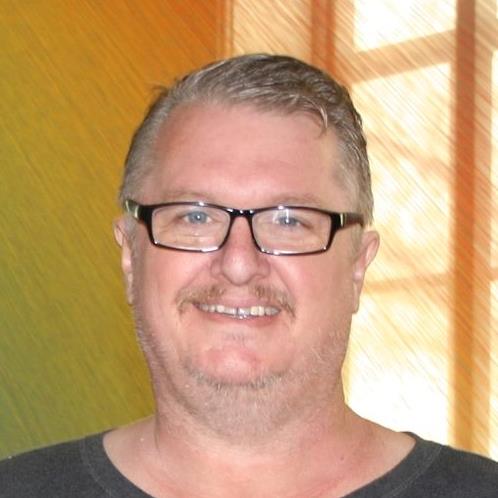Should Doctors Google Their Patients?
With the Internet and social media becoming interwoven into the current era of medicine, Penn State College of Medicine researchers contend that professional medical societies must update or amend their Internet guidelines to address when it is ethical to “google” a patient.

When should medical professionals google their patients? (Photo: Penn State Milton S. Hershey Medical Center)
“As time goes on, googling patients is going to become more and more common, especially with doctors who grew up with the Internet,” says Maria J. Baker, associate professor of medicine.
Baker has dealt with the question first-hand in her role as a genetic counselor and medical geneticist. In the case that inspired her recent paper in the Journal of General Internal Medicine, a patient consulted her regarding prophylactic mastectomies. The patient’s family history of cancer could not be verified and then a pathology report revealed that a melanoma the patient listed had actually been a non-cancerous, shape-changing mole. Turning to the Internet, Baker found evidence of the patient capitalizing on being a cancer victim for a cancer she did not have.
The question, Baker says, is in what circumstances is it appropriate for a doctor to research a patient using online search engines? “Googling a patient can undermine the trust between a patient and their provider, but in some cases it might be ethically justified,” Baker says. “Healthcare providers need guidance on when they should do it and how they should deal with what they learn.”
With regard to future guidelines, Baker and her co-authors suggest 10 situations that may justify patient-targeted googling:
- Duty to re-contact/warn patient of possible harm
- Evidence of doctor shopping – visiting different doctors until a desired outcome is acquired
- Evasive responses to logical clinical questions
- Claims in a patient’s personal or family history that seem improbable
- Discrepancies between a patient’s verbal history and clinical documentation
- Levels of urgency/aggressiveness are not justified by clinical assessment
- Receipt of discrediting information from other reliable health professionals that calls the patient’s story into question
- Inconsistent statements by the patient, or between a patient and their family members
- Suspicions regarding physical and/or substance abuse
- Concerns regarding suicide risk
“Under certain circumstances – when carefully thought out – it may be appropriate to google a patient,” Baker says. “We’re hoping that by offering scenarios that raise important ethical questions about the use of search engine technology, we can initiate a conversation that results in the eventual development of professional guidelines. What are the justifications? How is this information that you might potentially learn going to impact the patient-provider relationship and how are you going to document the information about the patient that you might learn?”
Formal professional guidelines could help healthcare providers navigate this current “google blind spot,” Baker says. While professional medical groups such as the American Medical Association and the Federation of State Medical Boards provide general guidance on appropriate Internet and social media use, they have yet to address patient-targeted Web searches.
“Any professional medical society’s policy statements on the use of the Internet and social media—which they should all have—should undergo revision to help provide guidance to their various health care providers,” Baker says.
Article by Penn State Milton S. Hershey Medical Center

Editor-in-Chief Mark Heckathorn is a journalist, movie buff and foodie. He oversees DC on Heels editorial operations as well as strategic planning and staff development. Reach him with story ideas or suggestions at dcoheditor (at) gmail (dot) com.



